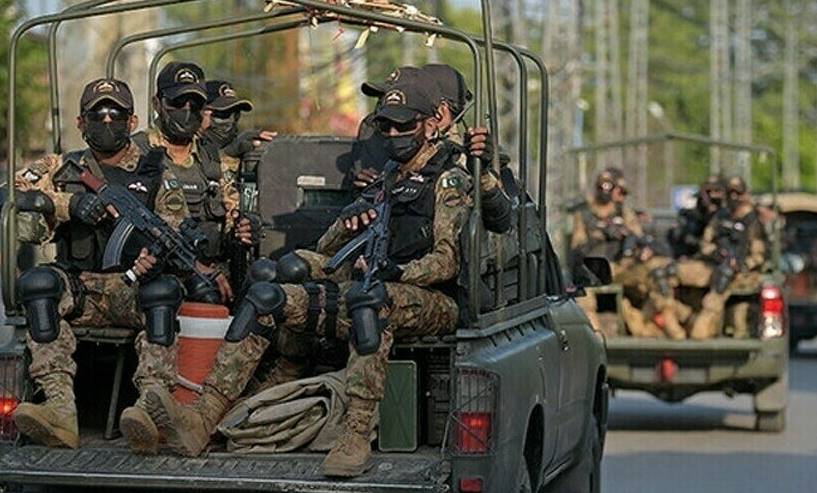ISLAMABAD – The government of Pakistan has sanctions major funding for Operation Azm-e-Istehkam, a nationwide anti-militant operation to crush terrorism.
On Thursday, Economic Coordination Committee (ECC) of the Cabinet held and coordination committee okayed several key financial allocations, including significant Technical Supplementary Grant of Rs20 billion aimed at ensuring operational stability.
ECC approved a TSG of Rs. 276.250 million for the Ministry of Home Affairs. This funding is designated for the HQ Frontier Corps KP(N) and is intended to support Project Implementation Letters (PILs), underscoring the government’s commitment to enhancing security measures.
Furthermore, ECC sanctioned TSG of Rs1951.995 million for the Frontier Corps Balochistan (South), specifically allocated for the Rekodic project. This grant will cover essential security charges associated with the project, highlighting the importance of maintaining stability in key regions.
Minister of Industry and Production, Minister of Commerce, Minister of Privatization, Minister of Planning, Minister of Economic Affairs, Minister of Petroleum, and Minister of Electricity attended the huddle.
Operation Azm-e-Istehkam
The South Asian nation recently launched Operation Azm-e-Istehkam means Resolve for Stability as part of its ongoing efforts to combat militancy and terrorism in regions bordering Afghanistan.
This operation represents strategic shift, combining military action with socioeconomic development to address the root causes of extremism in conflict areas. The operation builds on past military efforts like Zarb-e-Azb and Radd-ul-Fasaad, which targeted militant strongholds but faced criticism for not fully addressing underlying issues.
The new counter-terrorism campaign is part of a broader counterterrorism strategy outlined in the National Action Plan (NAP), which emphasises a multifaceted approach involving law enforcement reforms, crackdowns on militant financing, and community development.
The government also views external threats, particularly from neighboring states, as exacerbating its security challenges, accusing India of supporting militant groups like the TTP.
Critics argue that stronger civilian governance and police reforms are needed to sustain long-term stability while Operation Azm-e-Istehkam is seen as a step toward achieving both security and economic progress.










